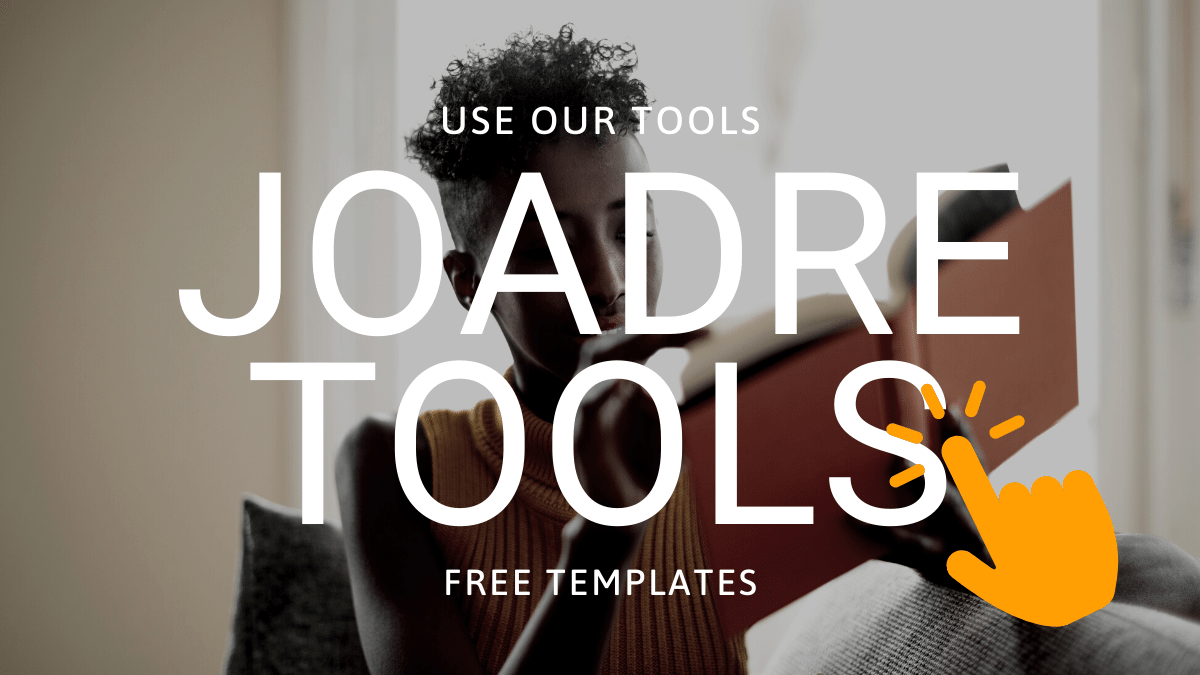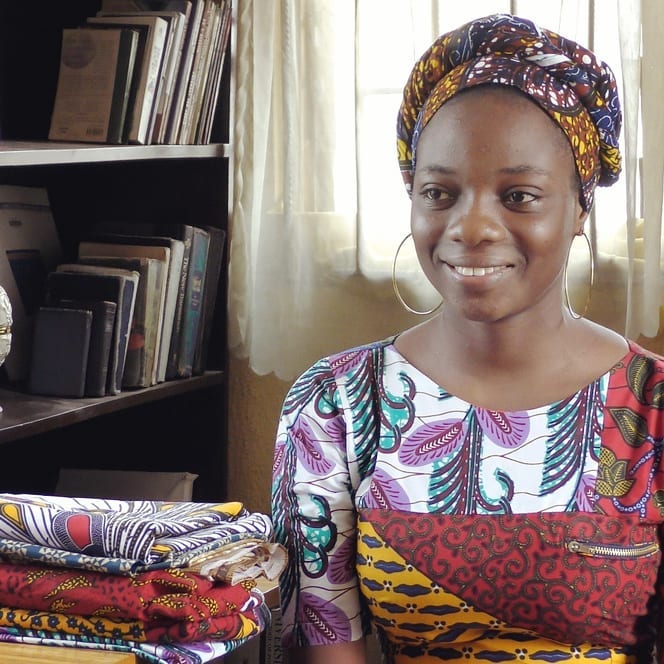We were opportune to travel to several states in Nigeria and meet African experts renowned in their various fields. Nigeria is a multicultural and multi-religious country. Some statistics claim that over 45% of the population are Muslims. It would be unfair to explore the opinions of experts without this very huge group who also battle with the same issues every non-muslins Nigerian faces. Our research took us to meet Dr Habibat Oladosu-Uthman, whose insight riched our learning process and the film Voices Uprising.
Joadre: Briefly introduce us to the intentions of Islam in Nigeria when it arrived.
Dr Habibat Oladosu-Uthman: The history of Islam in Nigeria is like the history of Nigeria itself. Africans were people with values, and when Islam came as early as the 15th century, it was meant to enrich the lives of those who embraced it, giving them an added identity and creating new moral norms. Over time, we have found ourselves in a situation where religion is not given its place in the scheme of things. World religions were meant to teach a way of life that provides answers to human existential questions. But now things have changed.
Joadre: How can Nigeria profit from its religious diversity? Nigeria is a country with several religions also including the indigenous belief system.
Dr Habibat Oladosu-Uthman: Yes, I know Nigeria is a multicultural society and it is diverse in Nature. I also believe it is intentional. If God had willed, he would have made us one nation, colour, and religion. But it is done so that we know ourselves and appreciate these differences. In these differences lies our strengths if we can maximize them. If all regions are for peace, encourage morality, and frown at corruption, why not unite to take Nigeria to a better level?
About: Dr Habibat Oladosu-Uthman is a lecturer in the Department of Arabic and Islamic Studies at the University of Ibadan, Nigeria. She is one of the focal persons at the University of Ibadan Gender Mainstreaming Office and a member of many administrative committees. Her vision is to build intercultural and inter-civilizational peace and harmony worldwide.
Links: Publication of research gate – BOKO HARAM AND GENDER-BASED TERRORISM IN WEST AFRICA
Joadre: With what principles should we approach our diversity?
Dr Habibat Oladosu-Uthman: Our shared humanity is most important. We should abide by the culture of our common humanity first before we think of whether I am a muslin or Christian. You are a human being before you become whatever you become. We should think along the line of accepting others people’s values and respecting them, then we can have peace. You cannot own God. So no religion owns God. Society will improve if all religions can come together to discuss common things – our common humanity.
Joadre: What do you think is the fundamental problem that has created the society we live in today?
Dr Habibat Oladosu-Uthman: We have deviated from the teachings of our diverse religions. Corruption is everywhere, and we are responsible for what is happening to us. When we were growing up, in the 70ties and in the 80ties, we were taught religious studies. I was taught IRK, Islamic Religious Knowledge. I was taught social studies. I was taught family living. All these shaped our lives to be better for us. What is happening to our youth today? Religious studies, removed from the curriculum. History, removed. If you do not know your history – how Nigeria became what it is today, how Nigeria was formed, you are lost. How do you want them to appreciate Nigeria when you do not teach them how what you call Nigeria became Nigeria?
You know, in America, the first thing an American child is taught is history, polished, and presented. That is why when you see a 10-year-old American. He will say “God bless America” whenever he speaks about America. Can a Nigerian Youth say God bless Nigeria? Because if I want to look at it, he will say, he will think and ask what has Nigeria done for me? What have I gained from Nigeria? Ordinary passport, to obtain a passport in Nigeria, becomes a problem. Who are our policymakers? What are they doing? When you leave this country, I cry because of how they treat you outside. I cry because of the resources I see elsewhere. Then I wonder if our leaders do not see this when they come here?
Joadre: What must be done to revert this situation and improve society?
Dr Habibat Oladosu-Uthman: We must return to the drawing board; where did we start? How did we come to this level of insecurity? I remember when I was growing up, I could sleep outside the house, go to the street to fetch water and go into the the bush all alone. Can anyone do that now? Is it possible?
So a solution lies with you and with me. There is an individual responsibility and a society responsibility. Individual responsibility is one of the responsibilities of the individual in this society, and this is to start today and declare that this society, this country, must be better for all. And then a society’s responsibility emerges because if every individual is dedicated to achieving this, all of us are absorbed in it.
We all want to build a healthy society. That when you raise your passport anywhere in the world, you are proud of it. So the first solution we can do now is to invest in our educational system. If you know what happened yesterday, you can appreciate today and plan ahead for a better tomorrow.
Joadre: Thank you for your insight and time to talk with us.
Connect with us, and get our app.
We created our one-stop digital incubator app to bridge knowledge and service discrepancies for African students and Savvy entrepreneurs looking to start a business. Get the app (Android version) here. For IOS users, a web app is available here at https://tribe.joadre.com. Sign up for our newsletter here to get consistent resources via email. If you want to contact us, use our contact form or consult us through the app.
Thank you for reading to the end.
Cheers
Joadre




